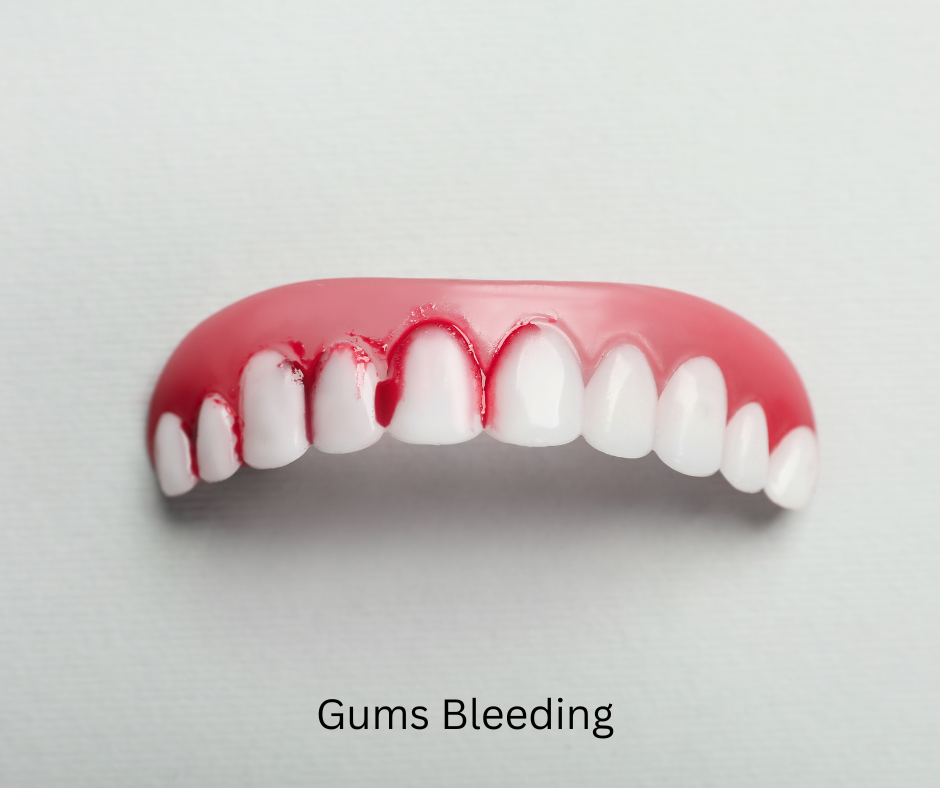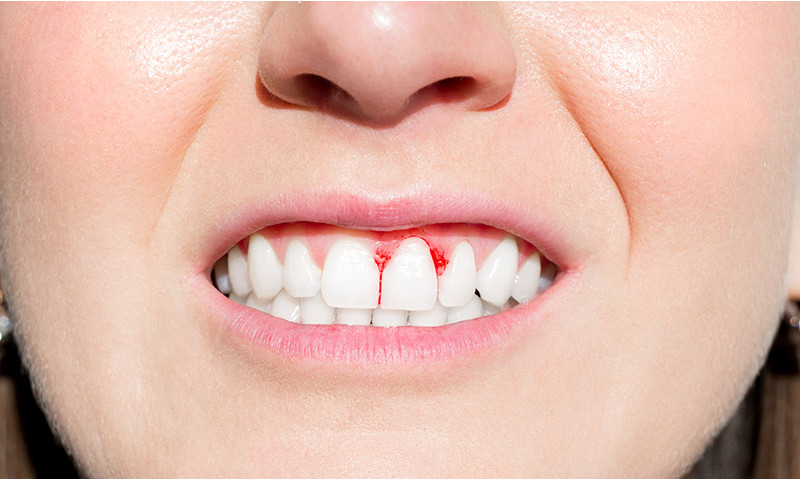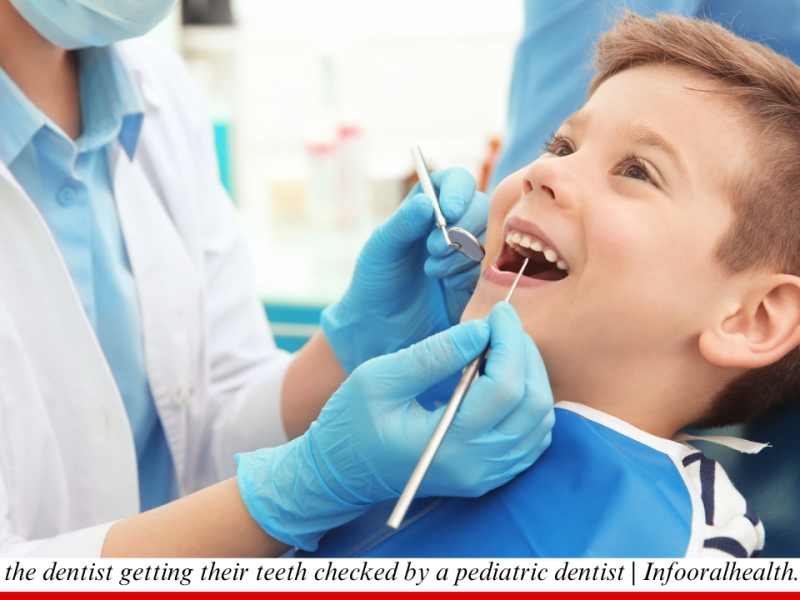Bleeding gums are a symptom of gum disease. But it can also be caused by several health problems. If your gums occasionally bleed, it might be because you brush your teeth too hard or your dentures don’t fit you correctly.

However, frequent bleeding is caused by some serious health problems. The following factors may cause it:
- Leukemia (blood cancer)
- Periodontitis (gum disease)
- Lack of vitamins in your body
- Lack of platelets
What are the dental conditions that cause your gums to bleed?
Dental problems are the most common cause of bleeding gums, although it is not always caused by gum disease. Some common dental conditions that cause bleeding gums include:
Gingivitis:
Gingivitis is considered among the most common causes of bleeding gums. It is due to the plaque build-up on the gums for too long. Plaque is debris or a sticky layer of bacteria that forms on the teeth constantly. Plaque produces several acids after you drink or eat. These acids can destroy your gum line and cause many gum diseases.
If plaque is not removed, it becomes hard and converts into tartar. It accumulates on your teeth and causes more bleeding and swelling. Puffy gums and soreness in your mouth are some common symptoms of gingivitis.
Periodontitis:
Periodontitis is an advanced form of gingivitis. If gingivitis is not treated well, it will lead to periodontal disease. In this disease, the tissues and bones that support your teeth are fully damaged. It causes inflammation of the gums and loosens the grip of your teeth. The gums are pulled away from the roots, which causes the teeth to fall out.
Additionally, you may experience bad breath, an unpleasant aftertaste, a change in how your teeth bite together, and red, swollen, painful gums. If this is treated correctly, you may retain some of your teeth.
Vitamin deficiencies that cause bleeding gums:
Vitamins are an essential need of your body. A deficiency of vitamins can also cause your gums to bleed easily. These vitamins include vitamin C and vitamin K. Your dentist may ask you to check the vitamin levels in your body if any dental problem does not cause bleeding gums. Following a diet that fulfills your body’s needs is a way to prevent it.
Food that contains vitamin C includes citrus, cabbage, cauliflower, potatoes, strawberries, tomatoes, broccoli, and many others. Food rich in vitamin K includes green leafy vegetables, avocado, spinach, soybeans, olive oil, lettuce, canola oil, etc. Make sure to take a good intake of these vitamins and avoid bleeding.
Other causes:
Dental wearers can occasionally develop bleeding gums. When dentures are too tightly fitted, this is more likely to happen.
Pregnancy can also cause gum bleeding. Hormonal changes that drive in the body due to pregnancy make the gums more sensitive.
Blood disorders like hemophilia and leukemia increase the risk of getting bleeding gums.
Some medications and drugs can also cause gum bleeding.
Faulty dental restorations are one of the causes.
Improper flossing is one of the reasons that causes occasional bleeding.
Scurvy (vitamin C deficiency)
Using blood thinners.
Presence of an infection in your tooth or gum.
Are bleeding gums an emergency?
It would be best if you did not ignore any changes in your body. Specific body changes are not regular, and they should not be overlooked.
The question is whether you should visit an emergency dentist if your gums are bleeding. You should call your dentist immediately; as you know, bleeding gums can be a symptom of some severe diseases.
Gum disease is now known to increase your risk of heart attack, stroke, cancer, diabetes, and other significant health issues. So it is not okay to ignore it. You should consult a dentist when you recognize that your gums are bleeding more often. Gum disease develops gradually, but if treated appropriately, it can be entirely reversed.
How do you fix bleeding gums?
Initially, bleeding gums are easily treated by going to the dentist for regular cleanings and checkups and brushing and flossing twice a day. But if it continues, this infection will cause irreversible tissue damage, bone loss, and possibly tooth loss.
Your doctor may recommend you use a soft toothbrush because it will not be hard for inflamed gums. For your delicate teeth, stiff bristles may be too harsh. An electric toothbrush is considered best in this case. These are specially designed to clean your gum line more quickly than usual toothbrushes.
Using a non-alcoholic mouthwash can be helpful. Consumption of heavy alcohol is hazardous, so it is highly prohibited. On the other hand, the use of tobacco must be avoided too. Rinse your mouth with hydrogen peroxide. Moreover, apply a cold compress and regularly rinse your mouth with salt water. These tips may help you to avoid or control bleeding gums.
Conclusion:
Therefore, bleeding gums can be caused by various factors; some are severe, while some are not—an appointment with your primary care physician to determine if a dental problem is causing your bleeding gums. Blood tests and a physical examination can be used to identify the cause of your bleeding. The course of treatment will depend on the condition of your problem.


